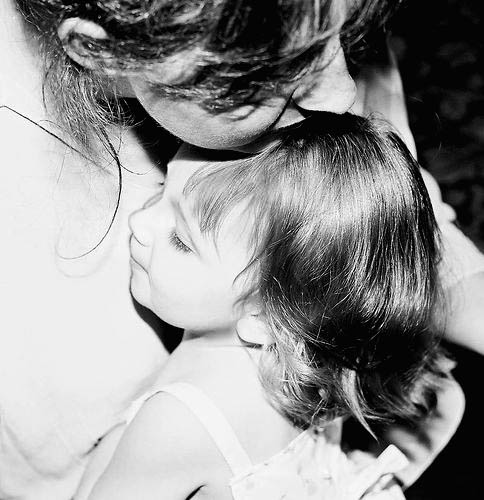This weekend, millions of people around the world have celebrated the birth of one baby, just over 2000 years ago. Even for those who consider Christmas to be a secular holiday– more about spending time with family, giving and receiving presents, and having a special meal together– the origin of the holiday is the same. Without the birth of one little baby, there would be no Christmas. Women give birth every day and few people give it much consideration. But somehow the birth of a tiny baby in a Middle Eastern country developed into the most important holiday in the Western World.
I vividly remember the birth of each of my three babies. While in labour with my first, I recall hearing the radio announcer reading the news about the bombing of Iraq. I remember wondering whether there were women in Iraq having babies at this very moment; and if they could do it at a time of war, I could surely dig deep and find the resource to do it at a time of peace. When my baby was born, I recall the stoppage of time, the elongating of minutes as I held her for the first time. The alteration of time from the norm to a sort of twilight lasted for several days after my baby’s birth– my days had a soft focus that made everything slightly unreal. Nothing outside my room mattered; suddenly all of the trivialities that consumed my pre-baby daily life seemed a distance away, lost in a picture book somewhere. They were memories, and the now was all that mattered. Just my husband, my baby and me.
It’s incredible to me that something that happens every day, every minute, gave rise to this massive public celebration; this time of joy and joining together. Birth is usually a private matter– something that takes place in the womens’ sphere. It entails bodily fluids, animalistic noises, a return to our mammalian instincts, and it serves as a stark reminder of our essential humanity. In birth we are in a twilight time, and our vision of the world changes completely. Our society rarely stops to think what birth entails. We depict it as something that happens beneath white sheets; babies come out clean and screaming. Soon afterwards, mothers wear make-up and ironed clothes; babies sleep through the night and ask little of their parents.
But consider the reality of Jesus’ birth. Who attended Mary as she experienced the intense feelings of childbirth? Who mopped her brow and reassured her that all was going well? Did any women from Bethlehem come to her aid? Did a stable boy run for the local midwife? Or did she experience the birth of her child alone and unaided: a young girl in a dirty barn in a strange land? Who cut the umbilical cord? What did they do with the placenta? With no mother or sister or cousin to help her, how did Mary fumble through the first nursings? And like many women before and after her, did Mary experience the elongation of time, the baby-softened moments after birth, the days of bonding and love blossoming between her and her baby?

By renee. (unconditional.) [CC-BY-2.0 (www.creativecommons.org/licenses/by/2.0)
Of course had I known the sorrows motherhood would bring, I might have stopped myself from laying my heart bare by deciding not to have children. But that is unlikely, because the bird of joy that soars from my hear every time I hold my child means that the sorrows and the vulnerabilities pale in comparison.
This weekend the world celebrated the birth of a baby, not the crowning of a King, the peaking of the stock market or the founding of a new country. This weekend the world celebrated a birth– this most simple and universal of acts. As a mother, I take a moment to recall the birth of my children, and indeed my own birth, and I experience my humanity in a deeper way. We are all connected by birth, death and love, and by the ecstasy and sadness that comes with loving another in a complete and unconditional way. Every time a woman gives birth she crosses through the veil of understanding, never to return to a time when she lived a unitary existence. And even if no one realises it, this is what our society celebrates at Christmas: the birth of Love itself.
Merry Christmas.
Comments are closed